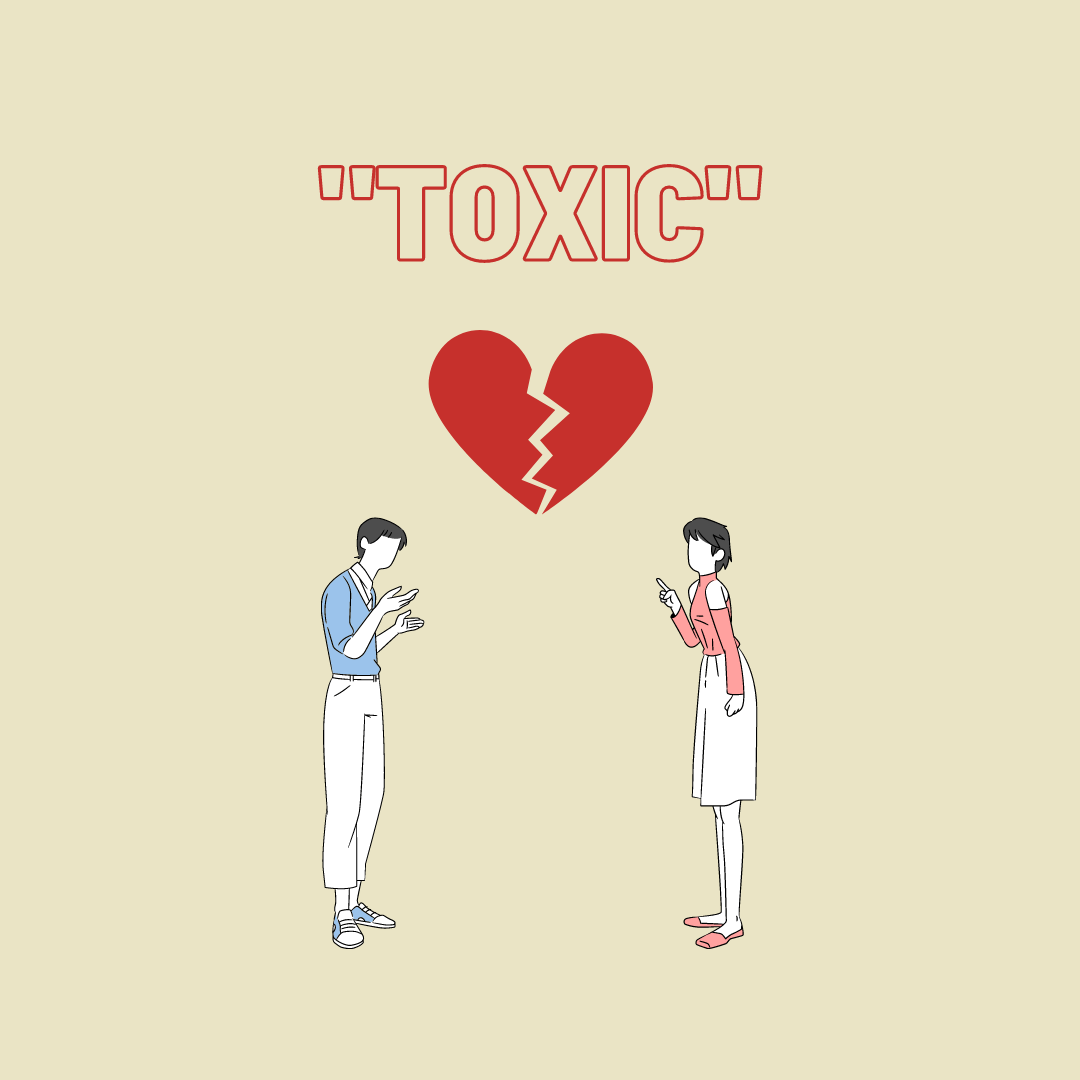Whether it’s between friends, family or partners, relationships aren’t always smooth sailing. People have disagreements and it’s important that we know how to work through them. But what do you do when you think your relationship with someone has crossed the line into unhealthy or even toxic? Is there a time and place to end the relationship altogether? These are questions that most of us have had to ask ourselves at one point or another and they can be difficult to answer.
Dr. Lillian Glass, the Californian psychologist who claims to have coined the term “toxic relationship” defines it as “any relationship [between people who] don’t support each other, where there’s conflict and one seeks to undermine the other, where there’s competition, where there’s disrespect and a lack of cohesiveness.”
Relationships with others are supposed to build you up and support you, but toxic relationships only tear you down and will make you miserable. Toxic relationships do not just occur when you have a fight with someone or they did something wrong to you. Toxic relationships follow a pattern. If your relationship with someone seems like a constant battle, there could be much larger issues at play. And even if a relationship begins as a healthy one, that can change over time.
Healthy relationships are extremely important, and unhealthy relationships could be impacting your life more than you realize. Results from over 148 studies showed that participants with stronger social relationships had a 50% higher likelihood of living longer than their peers without strong relationships . Negative mental effects that stem from unhealthy relationships, like stress and loneliness, have negative effects on the body as well. Both stress and loneliness have been found to increase inflammation and cortisol in the body, which can really harm your long term health.
Many people may be afraid of ending an unhealthy relationship. They might be reluctant to lose someone they considered a friend, or they might think that the relationship can be fixed. According to a survey from mentalhealth.net, 57% of responders reported feeling uncomfortable or fearful in a current relationship. But trying to work through a toxic relationship can create more problems than it can solve. A toxic person will likely not be willing to change or even listen to you, and communicating with someone who doesn’t have your best interest at heart can take a toll on your mental health. You shouldn’t have to take the fall for someone who isn’t willing to be a good friend or partner to you. Even though it isn’t easy, it’s important to choose relationships that are fulfilling and that improve the quality of our lives.
Some things that a toxic person could be doing to you include degrading or insulting you, gossiping about you, physically harming you, intimidating you or always putting themselves before you. Overall, if a relationship is making you consistently unhappy, there’s a chance it could be toxic. Remember, you are allowed to end a relationship that has stopped bringing you joy. Use your best judgement to analyze the situation and make the best decision regarding anyone in your life, including friends, family members or a significant other.
Graphic by Lily Kate Witcher.



